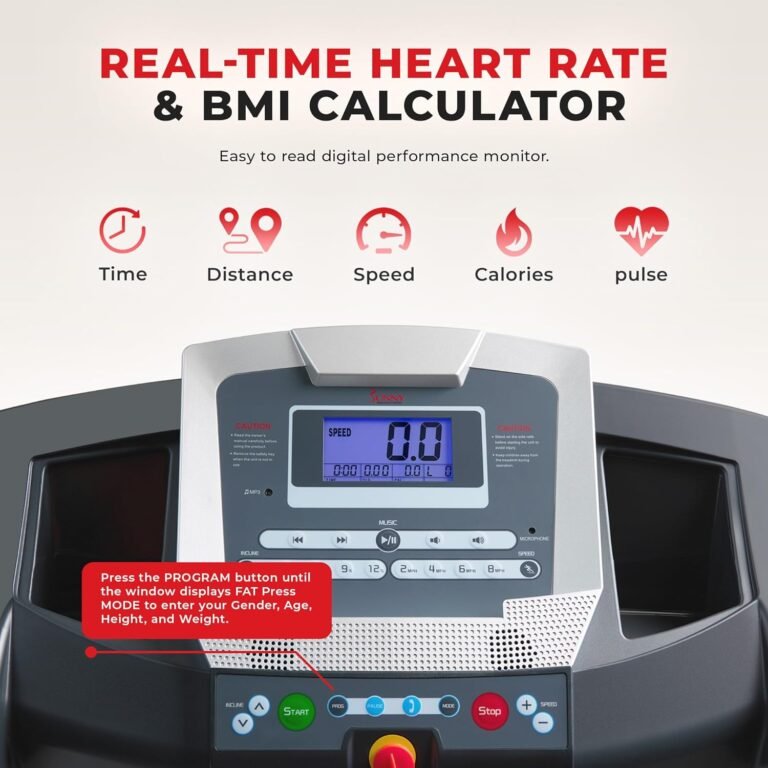Plant-Based Diets for Athletes: A Comprehensive Guide
Have you ever wondered how plant-based diets can enhance athletic performance?
Uncover the secrets to maximizing your potential as an athlete through the power of plant-based nutrition.
From debunking common myths to providing practical meal planning tips and highlighting the best plant-based protein sources, this comprehensive guide will equip you with the knowledge and tools needed to excel in your fitness journey.
Discover how to optimize your diet to fuel your body effectively and reach new heights in your athletic endeavors.
Key Takeaways
- Plant-based diets enhance athlete performance and recovery.
- Adequate protein intake achievable through plant sources.
- Key nutrients like iron and Omega-3s support athletic needs.
- Plant-based options provide diverse and nutrient-dense fuel for athletes.
Benefits of Plant-Based Diets for Athletes
Switching to a plant-based diet can enhance an athlete's overall performance and recovery process. Plant-based diets are rich in antioxidants, vitamins, and minerals that support muscle building and aid in faster recovery post-exercise.
For performance enhancement, plant foods provide complex carbohydrates that are essential for sustained energy levels during workouts. They also contain phytonutrients that have anti-inflammatory properties, reducing muscle soreness and improving endurance.
Research shows that athletes on plant-based diets have reported improved cardiovascular health, better digestion, and increased stamina compared to those on omnivorous diets. Additionally, plant-based diets are typically lower in saturated fats and cholesterol, leading to improved blood flow and oxygen delivery to muscles.
Debunking Common Myths
You might've heard that plant-based diets can lead to protein deficiency, but many plant foods are rich in protein like beans, lentils, tofu, and quinoa. Additionally, concerns about low energy levels on a plant-based diet are often unfounded as long as you're consuming enough calories from a variety of nutrient-dense foods.
Myth: Protein Deficiency
Debunking the common myth of protein deficiency among athletes reveals a crucial aspect of plant-based diets for optimal performance. Protein myths often lead to dietary misconceptions, especially for those who follow a plant-based diet.
Contrary to popular belief, it's entirely possible to meet your protein needs through plant sources. Legumes, tofu, tempeh, seitan, nuts, seeds, and whole grains are excellent sources of plant-based protein. Athletes can benefit from consuming a variety of these foods to ensure they're getting all essential amino acids.
Research shows that plant-based diets can provide more than enough protein for athletes, supporting muscle repair, recovery, and overall performance. By understanding the truth about protein in plant-based diets, athletes can thrive without the need for animal products.
Myth: Low Energy
Many athletes mistakenly attribute feelings of fatigue to a plant-based diet, but the truth behind the myth of low energy reveals a nuanced relationship between nutrition and performance. Research shows that well-planned plant-based diets can provide all the energy needed for athletic endeavors. By focusing on nutrient-dense foods such as whole grains, legumes, fruits, vegetables, nuts, and seeds, athletes can fuel their bodies effectively.
Plant-based diets rich in carbohydrates can support increased endurance by providing a sustainable source of energy. Additionally, the anti-inflammatory properties of many plant foods can aid in improved recovery post-exercise, allowing athletes to bounce back quicker and perform at their best. Therefore, low energy levels aren't inherent to plant-based diets when properly balanced to meet an athlete's needs.
Practical Tips for Meal Planning
Planning your meals strategically can help ensure that you meet your nutritional needs as an athlete following a plant-based diet. When it comes to ingredient substitutions, consider swapping meat with plant-based protein sources like lentils, chickpeas, tofu, tempeh, or seitan to ensure an adequate intake of protein.
Incorporating a variety of nuts, seeds, and whole grains can also enhance the nutrient profile of your meals. Additionally, using dairy alternatives such as almond milk, soy yogurt, or cashew cheese can help you achieve calcium and vitamin D requirements.
To save time in the kitchen, opt for batch cooking large portions of grains, beans, and vegetables that can be used in multiple dishes throughout the week. Overnight oats, smoothie packs, and veggie stir-fry mixes are quick and convenient options for busy days. Prepping snacks like homemade energy bars or trail mix can also ensure you have nutritious options readily available when hunger strikes.
Meeting Nutrient Needs on a Plant-Based Diet
To ensure you're meeting your nutrient needs effectively on a plant-based diet, it's essential to focus on key vitamins and minerals that are commonly of concern for athletes. Micronutrient balance is crucial for optimal performance.
Iron, found in foods like lentils and spinach, is essential for oxygen transport in the body. Vitamin B12, which is primarily found in animal products, can be supplemented or obtained from fortified plant-based foods to support nerve function. Omega-3 fatty acids, vital for reducing inflammation and supporting heart health, can be sourced from flaxseeds, chia seeds, and walnuts.
Performance optimization on a plant-based diet also requires attention to calcium for bone health, zinc for immune function, and vitamin D for muscle strength. To enhance absorption of iron from plant sources, pair them with foods rich in vitamin C like bell peppers or citrus fruits. Including a variety of colorful fruits and vegetables ensures a wide range of antioxidants, aiding in recovery and overall well-being.
Plant-Based Protein Sources for Athletes
For athletes following a plant-based diet, incorporating a variety of plant-based protein sources is essential for meeting their protein needs and supporting muscle recovery and growth. Plant proteins can provide all the essential amino acids necessary for muscle repair and growth. Legumes such as lentils, chickpeas, and beans are excellent sources of plant-based protein. These foods not only offer protein but also fiber, vitamins, and minerals vital for overall health and performance enhancement.
Nuts and seeds like almonds, chia seeds, and pumpkin seeds are rich in protein and healthy fats, making them great options for athletes. Quinoa, a pseudo-grain, is a complete protein source and can be a versatile addition to an athlete's diet. Tofu and tempeh are soy-based protein sources that can be used in various dishes to increase protein intake.
Incorporating a combination of these plant proteins into meals and snacks throughout the day can help athletes meet their protein requirements for optimal performance and muscle recovery.
Sample Plant-Based Meal Plan for Athletes
Crafting a well-balanced plant-based meal plan is essential for athletes looking to optimize their performance and support their training goals. To help you structure your meals effectively, below is a sample plant-based meal plan that focuses on performance optimization, nutrient timing, muscle recovery, and hydration strategies.
| Meal | Food Choices |
|---|---|
| Pre-Workout | Whole grain toast with almond butter and banana |
| Green smoothie (kale, spinach, banana, chia seeds) | |
| Post-Workout | Quinoa bowl with black beans, roasted vegetables, and avocado |
| Plant-based protein shake with mixed berries | |
| Lunch | Lentil and vegetable stir-fry with brown rice |
| Mixed green salad with chickpeas and tahini dressing | |
| Snack | Greek yogurt alternative with nuts and seeds |
| Carrot sticks with hummus | |
| Dinner | Tofu and vegetable kebabs with quinoa |
| Steamed broccoli with nutritional yeast sprinkles |
This meal plan provides a variety of nutrients to support your athletic performance, aid in muscle recovery, and ensure proper hydration throughout the day. Remember to adjust portion sizes based on your individual caloric needs and training intensity.
Conclusion
So, despite what some may say, plant-based diets aren't only suitable for athletes, but they can actually enhance performance and recovery.
Next time you hear someone claim that athletes need meat to succeed, just remind them of the countless plant-based athletes dominating their sports.
With the right planning and knowledge, you can thrive on a plant-based diet and prove the naysayers wrong.
Keep fueling your body with plants and watch your performance soar!







